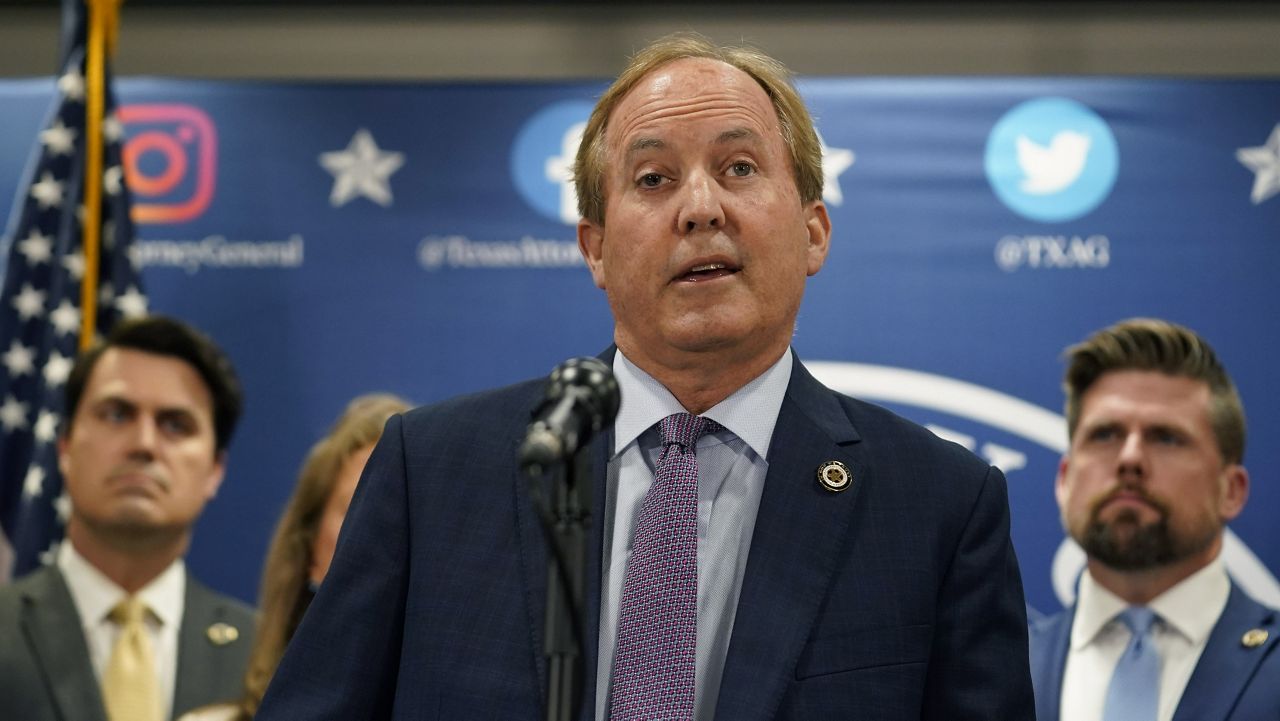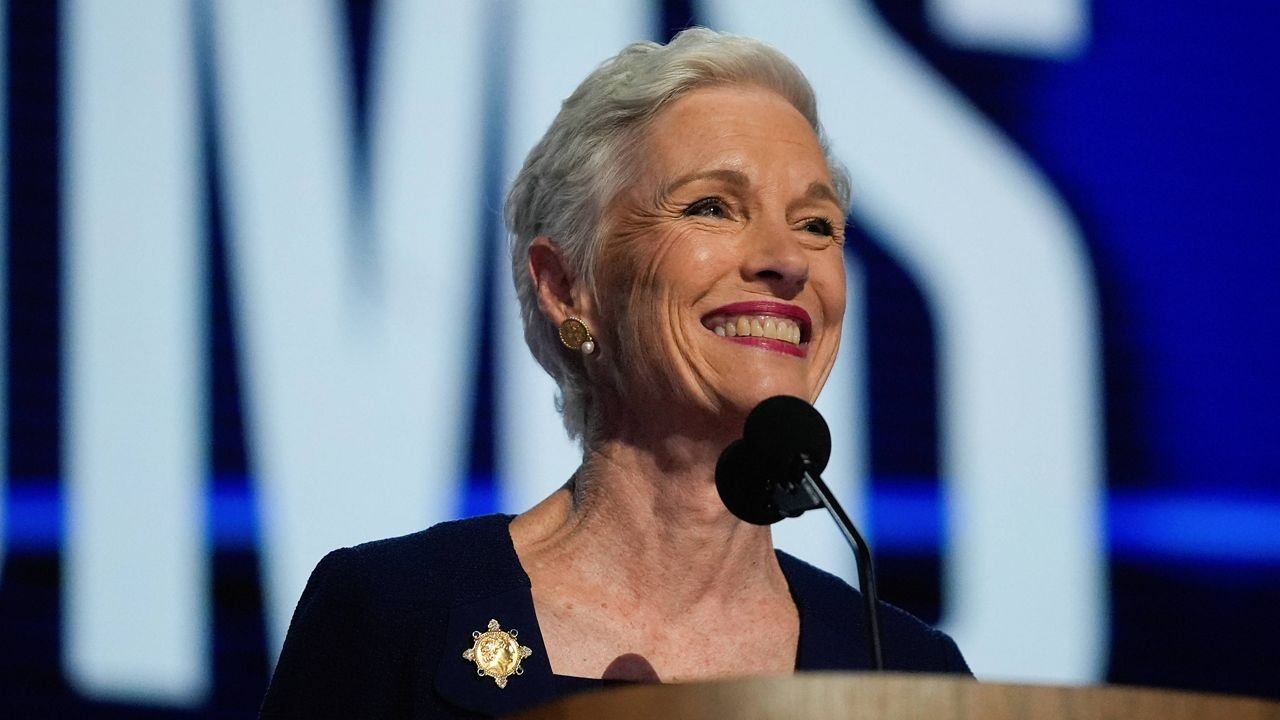TEXAS — On Thursday, a Texas judge granted a Dallas-area woman permission to get an abortion despite the state ban that took effect after Roe v. Wade was overturned in 2022.
The lawsuit by Kate Cox, a 31-year-old mother of two, is believed to be the first time since the landmark U.S. Supreme Court decision last year that a woman has asked a court to approve an abortion.
The order only applies to Cox and her attorneys afterward spoke cautiously about any wider impacts, calling it unfeasible that scores of other women seeking abortions would also now to turn to courts.
State District Judge Maya Guerra Gamble, an elected Democrat, granted a temporary restraining order allowing Cox to have an abortion under what are narrow exceptions to Texas’ ban.
Texas Attorney General Ken Paxton doesn’t agree, telling doctors in a letter that they would be subject to prosecution if they were to perform the abortion.
“The Temporary Restraining Order (‘TRO’) granted by the Travis County district judge purporting to allow an abortion to proceed will not insulate hospitals, doctors, or anyone else, from civil and criminal liability for violating Texas’ abortion laws,” Paxton wrote in a news release accompanying the letter.
The temporary restraining order stops Texas from enforcing the state’s ban on Cox and lasts for 14 days. Under the restrictions in Texas, doctors who provide abortions could face criminal charges that carry a punishment of up to life in prison. They could also be fined. Pregnant women cannot be criminally charged for having an abortion in Texas.
Paxton’s letter was sent to three Texas hospitals where Damla Karsan, the doctor who said she would provide Cox with an abortion, has admitting privileges. He told the Houston hospitals the order “will not insulate you” from civil and criminal liabilities, arguing that private citizens could still bring lawsuits and local prosecutors could still bring charges.
Seth Chandler, a law professor at the University of Houston, said he would have concerns as a physician based on both legal issues and Paxton’s “apparent zeal” to enforce the state’s abortion ban.
“If I were one of the doctors involved here, I would not sleep easy performing that abortion,” he said.
Although Texas allows exceptions under the ban, doctors and women have argued that the requirements are so vaguely worded that physicians still won’t risk providing abortions, lest they end up facing criminal charges or lawsuits.
Cox learned she was pregnant for a third time in August and was told weeks later that her baby was at a high risk for a condition known as trisomy 18, which has a very high likelihood of miscarriage or stillbirth and low survival rates, according to the lawsuit.










